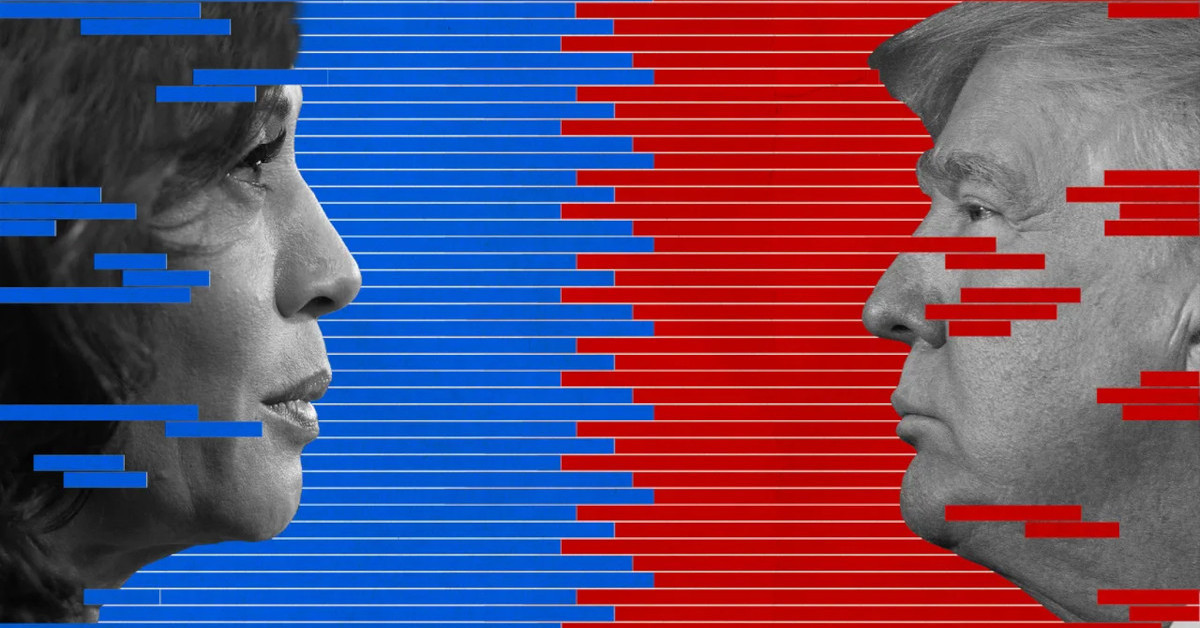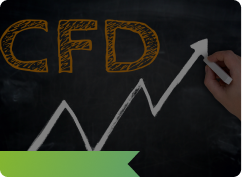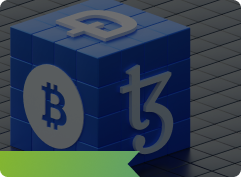How to end the week?
In line with the Hawkish policy starting from FED, some banks changed the policies.
The central banks of Russia and Brazil have announced interest rate hikes. The Bank of Canada also took the lead in sending out a hawkish signal as early as April, stating that it would gradually reduce quantitative easing. In addition, earlier today, the Bank of Japan said that it might discuss cutting stimulus plans around 2023, including abandoning negative interest rate tools. However, unlike most central banks, the European Central Bank still insists on maintaining a dovish monetary policy until it confirms that the eurozone economy has escaped the risks of the pandemic.
In terms of economic data, the number of initial claims for unemployment benefits in the United States increased by 412K for the week ending June 12, which exceeded market expectations by an increase of 359K. Also, the continuous claims that have declined in the past seven weeks, according to yesterday's labor market data, increased to 3.518 million, approximately 19,000 more than the previous value week, after the revision. The four-week average data has not been affected. The rise in the number of claims for unemployment benefits at the end of the week stimulated the market's safe-haven demand for the U.S. dollar. As of yesterday's close, the index increased about 0.7% and stood above 91.50 to 91.88. Even though if it is trading a bit lower today, earlier could touch the psychological level of 92.00
The U.S. 10-year bond yield recorded a decline of 9 basis points to 1.48%, And the 30-year bond yield fell to the lowest level of 2021, at 2.10%. The previous low was seen at 2.15% in February.
FX Market:
Euro: The euro fell strongly against the U.S. dollar and hit an 8-week low, at 1.1885. Today's bit decline of USD helped the pairing to gain above 1.1900, after an earlier drop.
Pound: the pound continued its decline against the U.S. dollar to a minimum of 1.3855. Sterling is also suffering from new 11,000 COVID-19 cases, reported on Thursday. It is the highest number of new infections since mid-February. The COVID-19 vaccines are now offered to those 18 and older. Earlier today, U.K. Retail Sales also put pressure on the pound, by a disappointing drop of 1.4% in May.
Yen: Yen was a bit stronger against the USD, especially after the BoJ policy meeting. BoJ, as I mentioned earlier, had no change in its current policies. USD gave up more than half of the previous day's gains to 110.17 Yen.
Commodities:
The Fed's unexpected turn to a Hawkish stance continues to trigger investors' selling of precious metals. Spot gold fell sharply by about 3% from its high to $1,773 per ounce to its lowest level since May 5 at $1,767. Today decline in DXY helped the Gold market to gain a bit above $1,790.
Silver: Silver hit a new low on May 3 and closed at $25.85 per ounce, a drop of more than 5% in the day.
Oil: U.S. crude oil recorded a decline of more than 3.5% in the oil market and once fell below the $70 level before rising to $70.65 per barrel. Earlier, the U.S. State Department stated that there are still challenges in the Iranian nuclear negotiations.


















